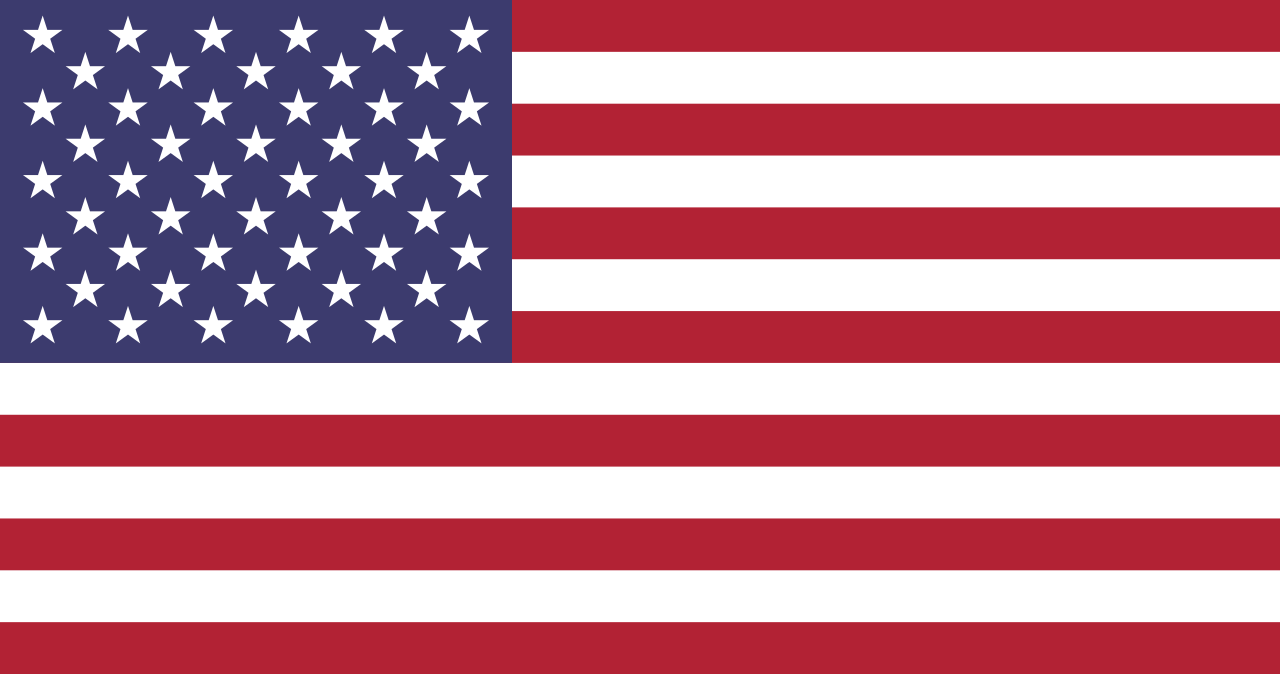Narrative of the Life of Frederick Douglass by Frederick Douglass
This being the first autobiography of my project, it’s difficult to appraise it as I have done the other works. When curating the books for this endeavor, a careful study of slavery’s role in the making of the nation would be essential. But what works to include? I wanted to incorporate acclaimed studies such as Baptist’s The Half Has Never Been Told, but I also wanted to include personal stories from those enslaved as well. Narrative in the Life of Frederick Douglass seemed like a no-brainer as it remains the most well-known of the slave narratives. Though he would go on to pen other works, this, the first of his writings, describes his time as a slave only. And what a tale it is.
Born into bondage in coastal Maryland, Douglass can only guess at his age, as there is no record of his birth. He suspects his father was most likely white, and his mother dies when he is seven. As a young teen, he’s moved from the Chesapeake to urban Baltimore, an experience that makes a powerful impression on him.
His years in Baltimore are some of his better days in servitude (if there is such a thing) as he retained some degree of freedom of movement and managed to teach himself to read and write through a variety of clever means. He also was able to learn how to caulk during this time, working in the shipyards of Baltimore’s Fells Point.
It is here that he describes his first meeting with his new Mistress. He describes meeting her for the first time in heartbreaking fashion:
… here I saw what I had never seen before; it was a white face beaming with the most kindly emotions; it was the face of my new mistress, Sophia Auld. I wish I could describe the rapture that flashed through my soul as I beheld it. It was a new and strange sight to me, brightening up my pathway with the light of happiness… She was entirely unlike any other white woman I had ever seen.
Soon after though:
But, alas! This kind heart had but a short time to remain such. The fatal poison of irresponsible power was already in her hands, and soon commenced its infernal work. That cheerful eye, under the influence of slavery, soon became red with rage; that voice, made all of sweet accord, changed to one of harsh and horrid discord; and that angelic face gave place to that of a demon.
The degree to which slavery corrupts and, as Douglass contends, poisons the enslavers is something I never truly considered before reading this and other slave narratives. Seemingly decent people, when placed in the role of master or mistress become nightmarish devils time and time again. We bear witness via these narratives as presumably civil citizens are corrupted by the very act of owning another human being.
It reminded me of how millions of seemingly everyday German citizens, not just members of the Nazi party, could have participated in the systematic abuse, discrimination, torture, and death of millions of Jews during the Holocaust. If every human being bears the capacity for horrors within their character, unspeakable institutions such as slavery seem to serve as a sort of catalyst for bringing about their worst selves.
Douglass eventually moves from master to master and from place to place, experiencing the endless uncertainty that so many enslaved men, women, and children were forced to contend with.
His time in the city contrasts sharply with his experience under Edward Covey, a brutally violent farmer known as a “slave-breaker.” His beatings and psychological torture under Covey are the most painful chapters of the book and Douglass seems nearly broken by the experience. However, he finally stands up to Covey and ends up in an hours-long physical battle with him that he, somewhat miraculously, wins.
Douglass eventually manages to escape in 1838 and famously becomes a leading voice of the abolitionist movement in Massachusetts and New York, gaining fame for both his writing and his powerful oratory, evidence of which is contained within this powerful book. How someone who suffers under the sort of circumstances that Douglass does can not only learn to read and write but do so to such impressive results is truly a testament to his strength and his capacity for an unquenchable hope within a world that did everything to extinguish it.

